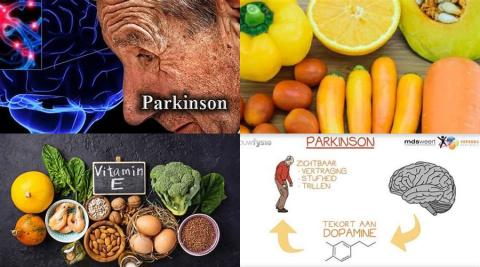
Objectives:
Does high-dose dietary intake of vitamin E, β-carotene or vitamin C reduce risk of Parkinson's disease?
Study design:
This review article included 13 observational studies.
Results and conclusions:
The investigators found no significant association between high-dose vitamin C dietary intake and the risk of Parkinson's disease compared with low-dose vitamin C dietary intake [RR = 0.98, 95% CI = 0.89 to 1.08].
The investigators found compared with low-dose dietary intake, high-dose dietary intake of vitamin E significantly reduced risk of Parkinson's disease with 13% [RR = 0.87, 95% CI = 0.77 to 0.99].
The investigators found compared with low-dose dietary intake, high-dose dietary intake of β-carotene significantly reduced risk of Parkinson's disease among women with 22% [RR = 0.78, 95% CI = 0.64 to 0.96].
The investigators concluded both high-dose dietary intake of vitamin E and β-carotene (beta-carotene) reduce risk of Parkinson's disease.
Original title:
Vitamin C, vitamin E, β-carotene and risk of Parkinson's disease: a systematic review and dose-response meta-analysis of observational studies by Niu F, Xie W, […], Yu X.
Link:
https://pubmed.ncbi.nlm.nih.gov/36961747/
Additional information of El Mondo:
Find here more information/studies about RCTs/significant, vitamin C, E, beta-carotene and Parkinson’s disease.